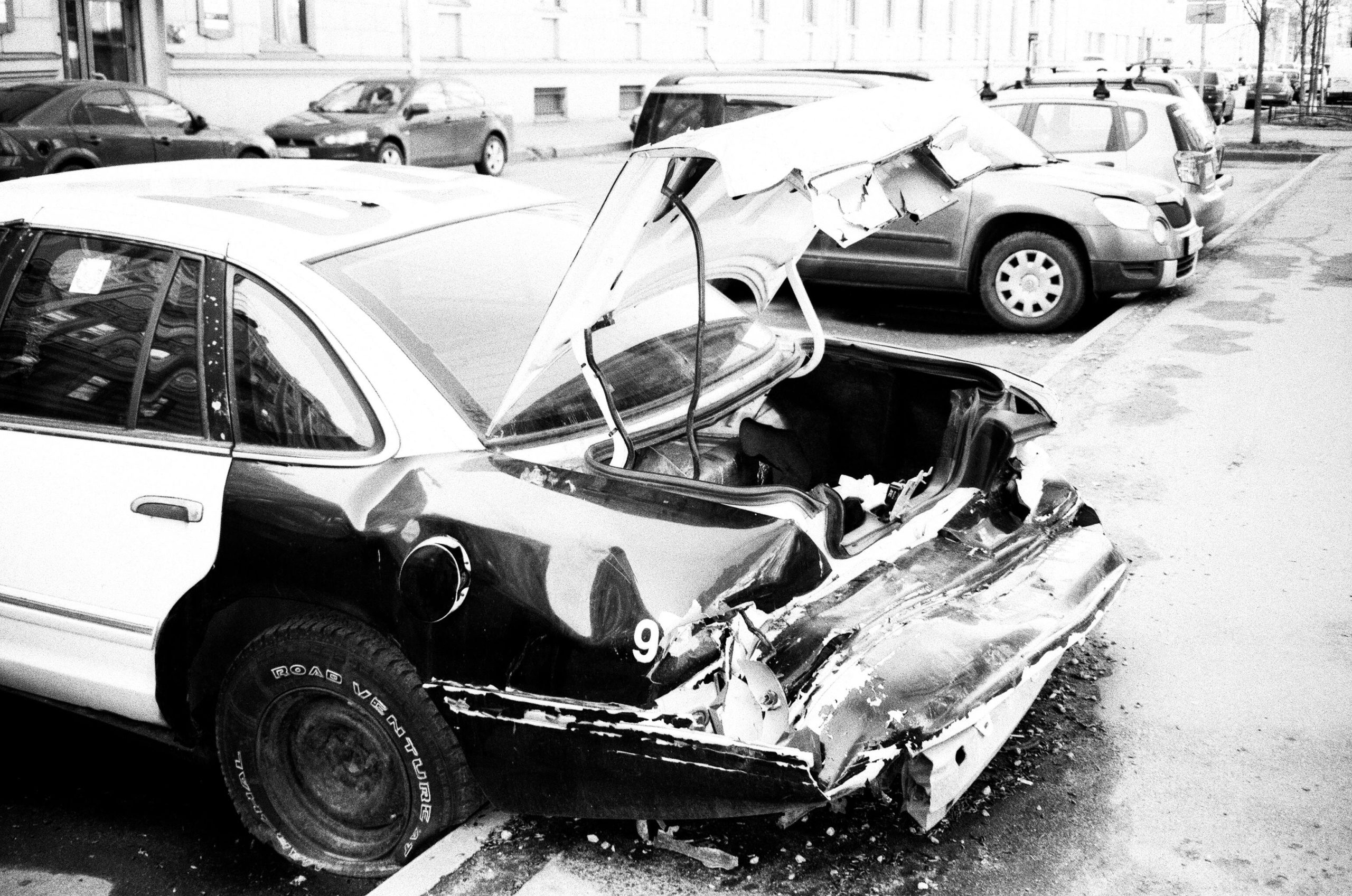 In the realm of workers’ compensation, the interplay between physical injuries and mental health can be complex. A recent Louisiana Court of Appeal decision highlights the challenges faced by workers seeking compensation for mental health conditions arising from workplace injuries. The case involved a police officer who developed psychological issues after a back injury, and the court’s ruling underscores the high standard of proof required for such claims.
In the realm of workers’ compensation, the interplay between physical injuries and mental health can be complex. A recent Louisiana Court of Appeal decision highlights the challenges faced by workers seeking compensation for mental health conditions arising from workplace injuries. The case involved a police officer who developed psychological issues after a back injury, and the court’s ruling underscores the high standard of proof required for such claims.
Bea Angelle, a police officer, sustained a back injury while on duty. She received temporary total disability benefits (TTDs) from her employer, the City of Kaplan Police Department. Later, these benefits were converted to supplemental earnings benefits (SEBs), which are paid when an employee can return to work but earns less due to their injury.
However, the City of Kaplan terminated Angelle’s SEBs based on a vocational rehabilitation consultant’s assessment that she could return to some form of employment. Angelle disputed this decision, arguing her psychological condition, stemming from her physical injury, prevented her from working.
 Insurance Dispute Lawyer Blog
Insurance Dispute Lawyer Blog


 A recent ruling from the
A recent ruling from the  A recent
A recent